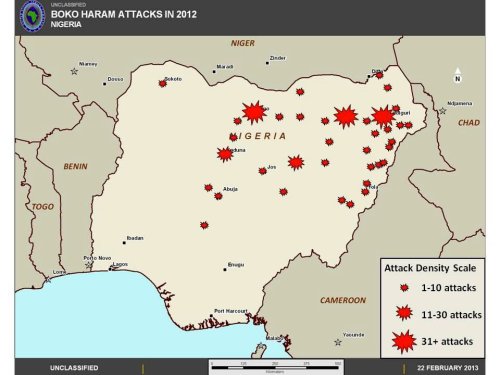On January 10th, the US Department of State announced that it was designating two groups in Libya and a group in Tunisia, all bearing the name Ansar al-Shari’a, as separate Foreign Terrorist Organizations (FTO) and Specially Designated Global Terrorists (SDGT). Along with its announcement, the Department of State provided a helpful factsheet detailing the differences between the two designations. At base the differences are as follows:
“There are two main authorities for terrorism designations of groups and individuals. Groups can be designated as Foreign Terrorist Organizations under the Immigration and Nationality Act. Under Executive Order 13224, a wider range of entities, including terrorist groups, individuals acting as part of a terrorist organization, and other entities such as financiers and front companies, can be designated as Specially Designated Global Terrorists (SDGTs).”
What this means is that in addition to designating these groups as both FTOs and SDGTs, three individuals were also named as SDGTs in the process. These are Ahmed Abu Khattalah, Sufian bin Qumu, and Seifallah Ben Hassine (said to be “commonly known as ‘Abou Iyadh”). These individuals have been identified as the leaders of the groups in question. For both FTOs and SDGT entities, the important effects of the designation is that it becomes unlawful for US “persons” (which can be taken to mean not just citizens, but also resident aliens and other categories of people legally residing in the US) to conduct transactions and other dealings with these entities and that those entities assets may be frozen or seized.
The State Department announcement described the two Libyan groups and their leaders as follows:
“Created separately after the fall of the Qadhafi regime, Ansar al-Shari’a in Benghazi and Ansar al-Shari’a in Darnah have been involved in terrorist attacks against civilian targets, frequent assassinations, and attempted assassinations of security officials and political actors in eastern Libya, and the September 11, 2012 attacks against the U.S. Special Mission and Annex in Benghazi, Libya. Members of both organizations continue to pose a threat to U.S. interests in Libya.Ahmed Abu Khattalah is a senior leader of Ansar al-Shari’a in Benghazi and Sufian bin Qumu is the leader of Ansar al-Shari’a in Darnah.”
It also described the Tunisian group and its leader as follows:
“Founded by Seifallah Ben Hassine in early 2011, Ansar al-Shari’a in Tunisia was involved in the September 14, 2012 attack against the U.S. Embassy and American school in Tunis, which put the lives of over one hundred United States employees in the Embassy at risk. The Tunisian government has declared Ansar al-Shari’a in Tunisia a terrorist organization, and the group has been implicated in attacks against Tunisian security forces, assassinations of Tunisian political figures, and attempted suicide bombings of locations that tourists frequent. Ansar al-Shari’a in Tunisia, which is ideologically aligned with al-Qa’ida and tied to its affiliates, including AQIM [Al Qaeda in the Islamic Maghreb], represents the greatest threat to U.S. interests in Tunisia.”
What is notable about these descriptions is that the Tunisian group was linked to AQIM, while the two Libyan groups were not. The link to Al Qaeda’s resurgent regional affiliate remains a significant portion of the continuing domestic political debate in the US regarding the events in Benghazi in 2012. The Obama administration has been accused of attempting to cover up involvement by terrorists, often specifically Al Qaeda. Other investigations have suggested that the level of planning and coordination in the attacks is far less than has been suggested by these critics and that there is no evidence of Al Qaeda involvement. These investigations have also been criticized. The military response to the crisis, Operation Jukebox Lotus, was also widely criticized, and became the impetus for the expansion of US military crisis response capabilities, particularly in Africa.
